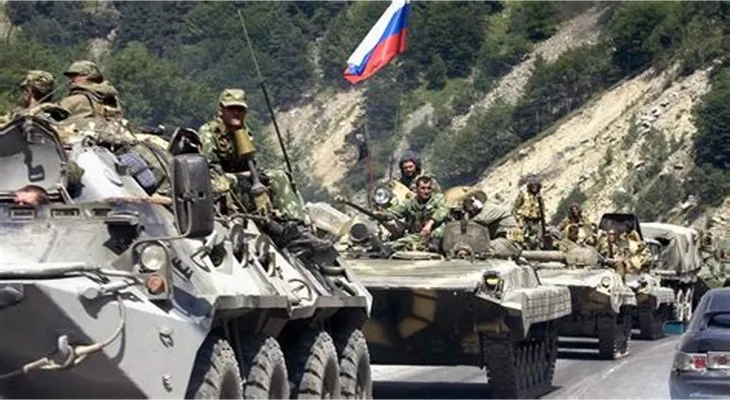Search here
Newspaper
Search here

Arab Canada News
News

Published: October 5, 2022
Brussels (Reuters) - European Union officials said on Wednesday that EU countries agreed to impose a cap on Russian oil prices and new sanctions after Moscow illegally annexed four regions in Ukraine amid a months-long war.
Diplomats struck the deal in Brussels, which also includes restrictions on EU exports of aircraft components to Russia and limits on steel imports from the country, according to an official statement from the EU rotating presidency. The 27-nation bloc will impose a ban on the maritime transport of Russian oil to other countries above the price cap.
This is what the group of wealthy democratic G7 countries wants by December 5, when the EU ban on most Russian oil takes effect. A specific price for the future cap has not yet been set.
Reaching an agreement on the price cap was not easy because many EU countries feared it would harm their shipping industries. More details on the sanctions will be released on Thursday.
European Commission President Ursula von der Leyen proposed the new package of sanctions last week amid growing security concerns about Russian President Vladimir Putin’s nuclear threats and his annexation of parts of Ukraine. Von der Leyen, welcoming the agreement, said, "We acted swiftly and decisively."
She added, "We will never accept Putin’s sham referendums or any type of annexation in Ukraine. We are determined to continue making the Kremlin pay the price." The Czech presidency said the new sanctions also include an "extended import ban" on goods such as steel products, wood pulp, paper, machinery, devices, chemicals, plastics, and cigarettes. There will also be a ban on providing information technology, engineering, and legal services to Russian entities. The package, which will also include new standards to circumvent sanctions, is based on unprecedented European sanctions already imposed on Russia following its invasion of Ukraine in February.
EU measures so far include restrictions on energy from Russia, a ban on financial transactions with Russian entities including the central bank, and asset freezes against more than 1,000 individuals and 100 organizations. The 27-member union has already agreed to ban maritime transportation of Russian oil but not pipeline oil, although some member states still seek low-priced Russian supplies. Hungary, which had previously questioned the effectiveness of prior measures and said it could not support further energy sanctions, has been granted exemptions from any new steps that would threaten its energy security.
The EU ban on most Russian oil products may force Russia to lower prices to find new customers. Oil-producing countries in OPEC met on Wednesday to discuss production cuts to boost oil prices, which would benefit Russia. Edited by: Yusra Bamtraf
Comments